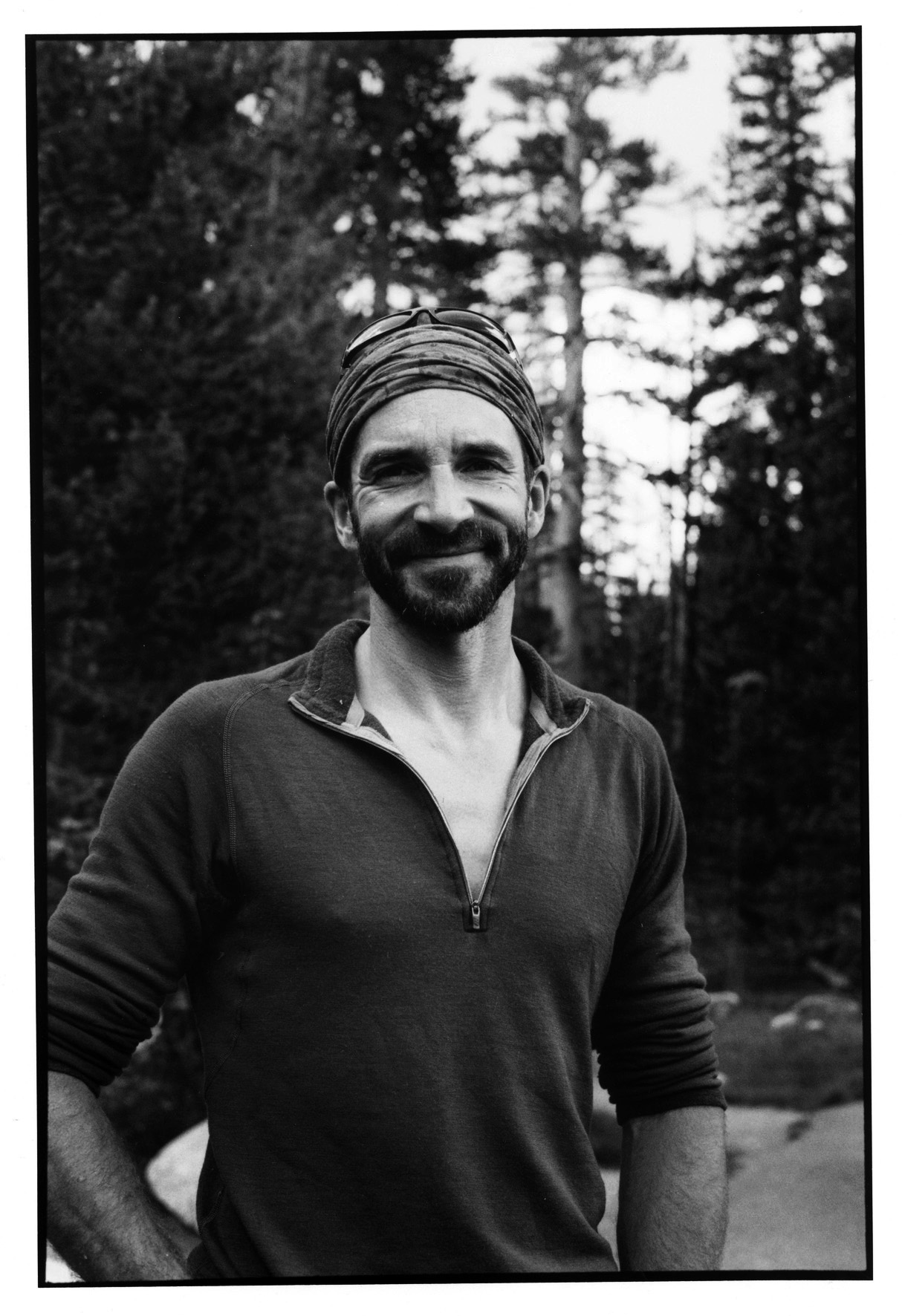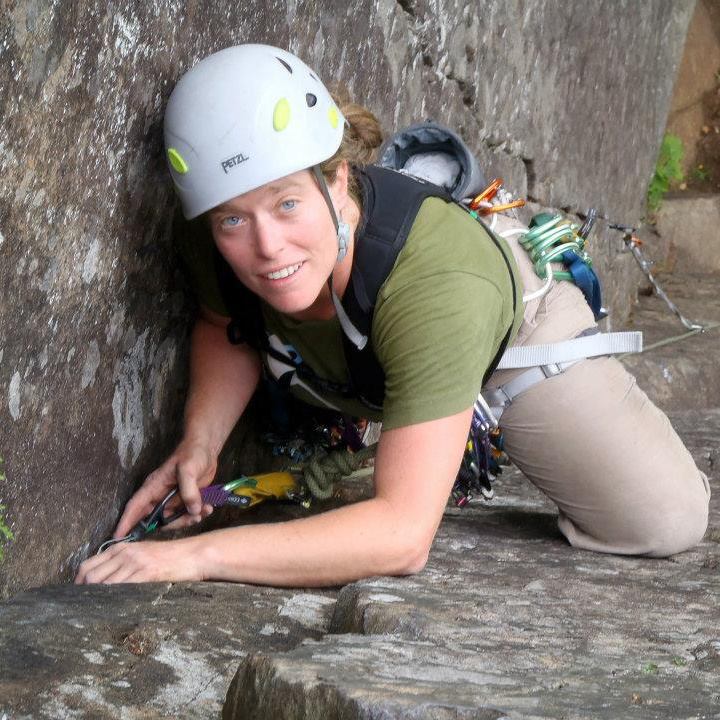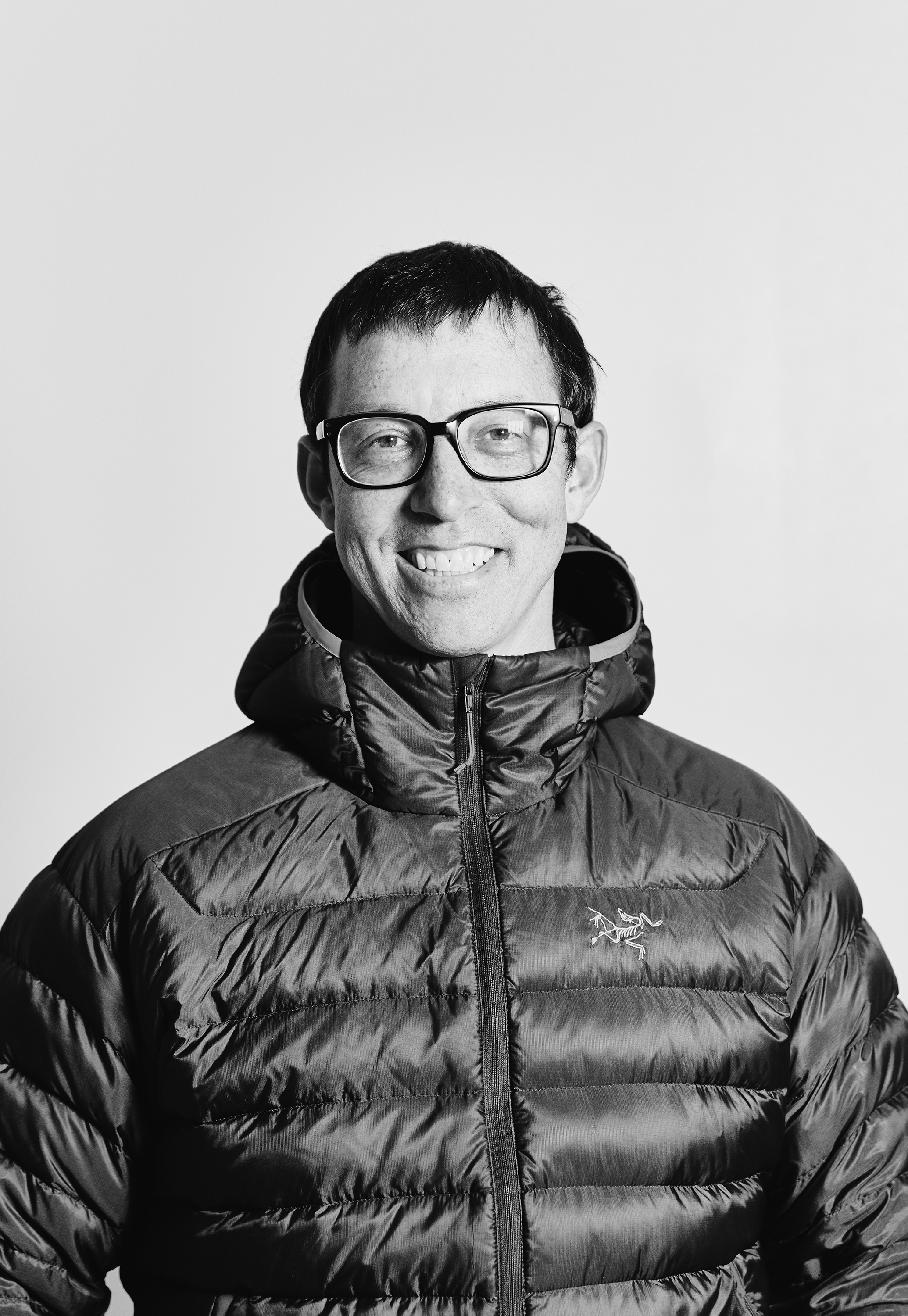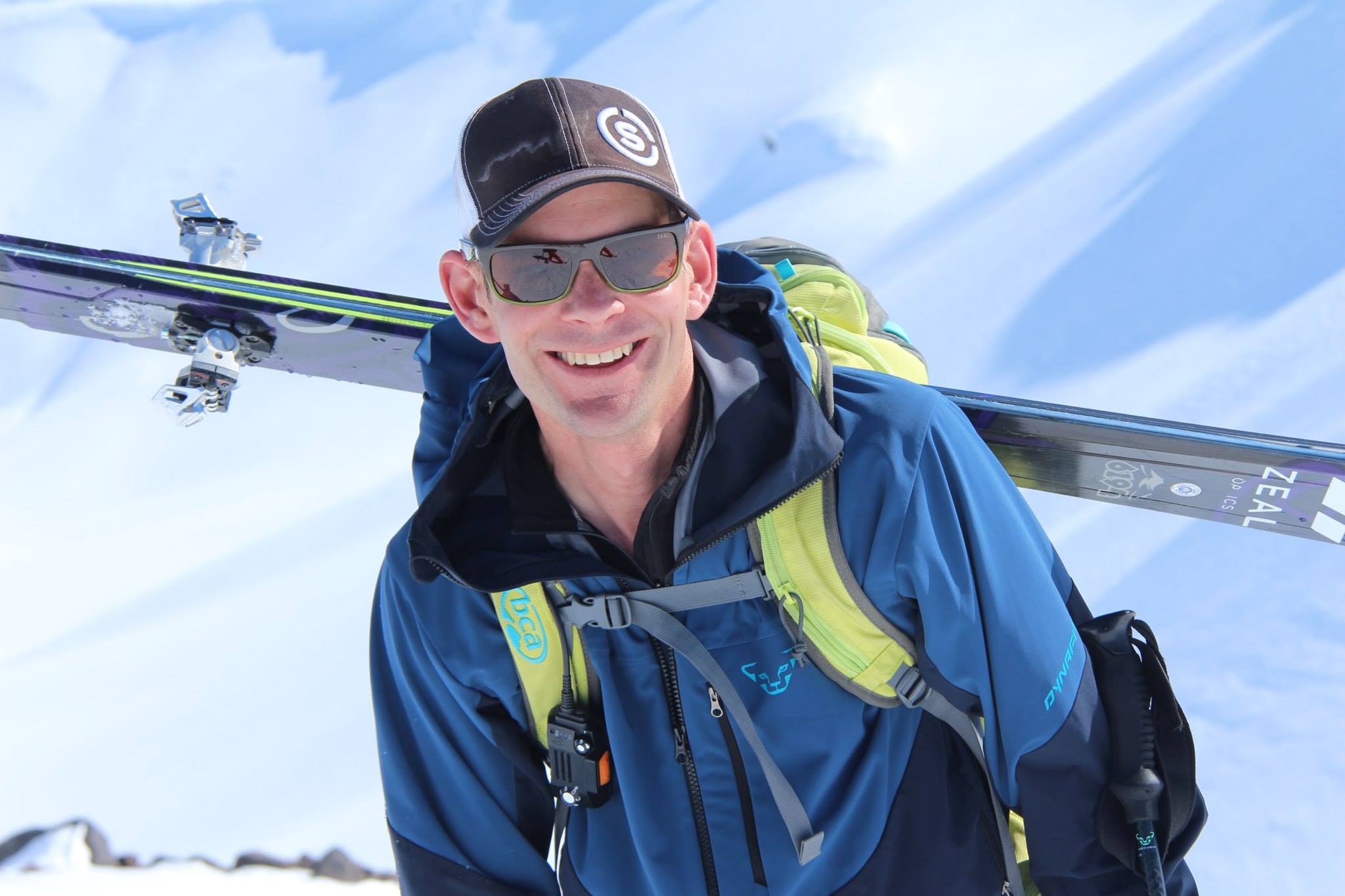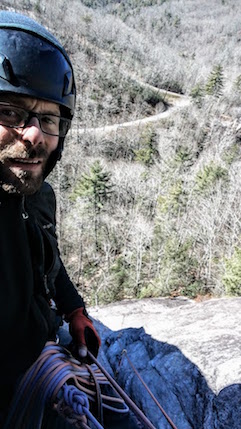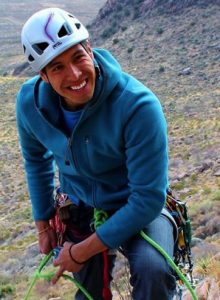Ascent ASC | Theresa Silveyra
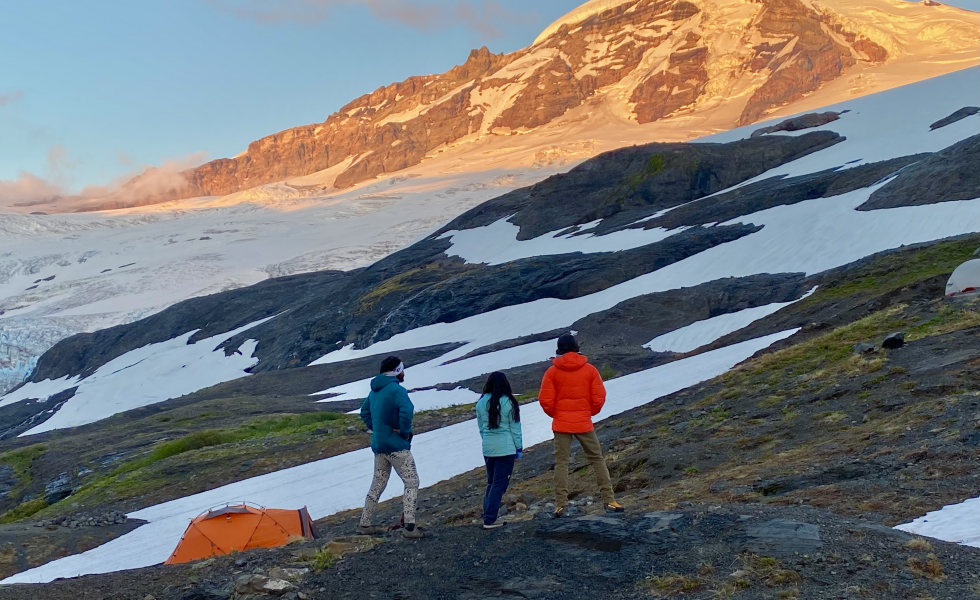
“As a guide, you are the connector to the mountain.”
As I sit comfortably at home now, reflecting on the five days spent with my Ascent ASC cohort, I find these words scribbled out on page 3 of my already worn Rite in the Rain notebook. It was day one of the course and Joshua Jarrin was lecturing on gear–ropes specifically–when he spoke these words. I remember jotting them down immediately and watching a few of my fellow peers do the same. It was clear that he was not just talking about the importance of proper, working gear. The deeper meaning embedded into this simple string of words permeated the rest of the course, informing each of the skills and systems demonstrated and practiced, as well as the questions, thoughts, and ideas we shared in conversation with one another.
How do we become better connectors? All of us were participating in this course because of our preexisting connection to mountains in some shape or form. Now the focus was on becoming a link between the rock, ice, and snow and the individuals with whom we choose to share the experience, from clients to regular climbing partners. As was expected (and what I was most looking forward to), each day was spent learning and practicing a wide range of skills, from navigation to knots and hitches to anchors and belaying, with each small building block contributing to something greater and more involved (short roping, short pitching, glacier travel, crevasse rescue, etc.) as we moved forward in the course. Both Joshua and Erica [Engle] were wonderfully supportive during each of the modules and helped create a welcoming environment where it was safe to ask questions and make mistakes during the learning process. I walked away from this course with a newfound confidence in skills I already possessed, as well as a greater awareness of my gaps and which skills and systems need continued practice for me to become more fluid and efficient.
Outside of focusing on our role as physical connectors to the mountains, I valued the conversations I had with my peers about the other ways we act as connectors and help cultivate an overall experience in the mountains, especially as participants in an affinity program. It’s no secret that mountain recreation and guiding is dominated by white men, feeding into the westernized notion of “conquering” and “bagging” peaks (not to mention related pervasive issues that harm marginalized communities). Being a connector means dismantling this colonizer mentality. It means speaking up and encouraging a different approach and perspective whenever we rope up with clients and partners. It means sharing our expertise and leadership with those who haven’t historically had access to mountain recreation and don’t see themselves reflected in the general population of mountaineers. Seeing this desire to promote change left me feeling just a little more hopeful about the future of guiding and one day seeing more women who look like me leading in the mountains. It’s one of the main reasons affinity programs like these are so important.
Special thanks to Eddie Bauer for sponsoring my scholarship and making it possible for me to start my AMGA Alpine Guide certification. Just last year, the idea of beginning this process seemed too far-fetched and inaccessible. I am beyond thrilled to have finally taken this first step and feel incredibly grateful for the support I have received along the way.


